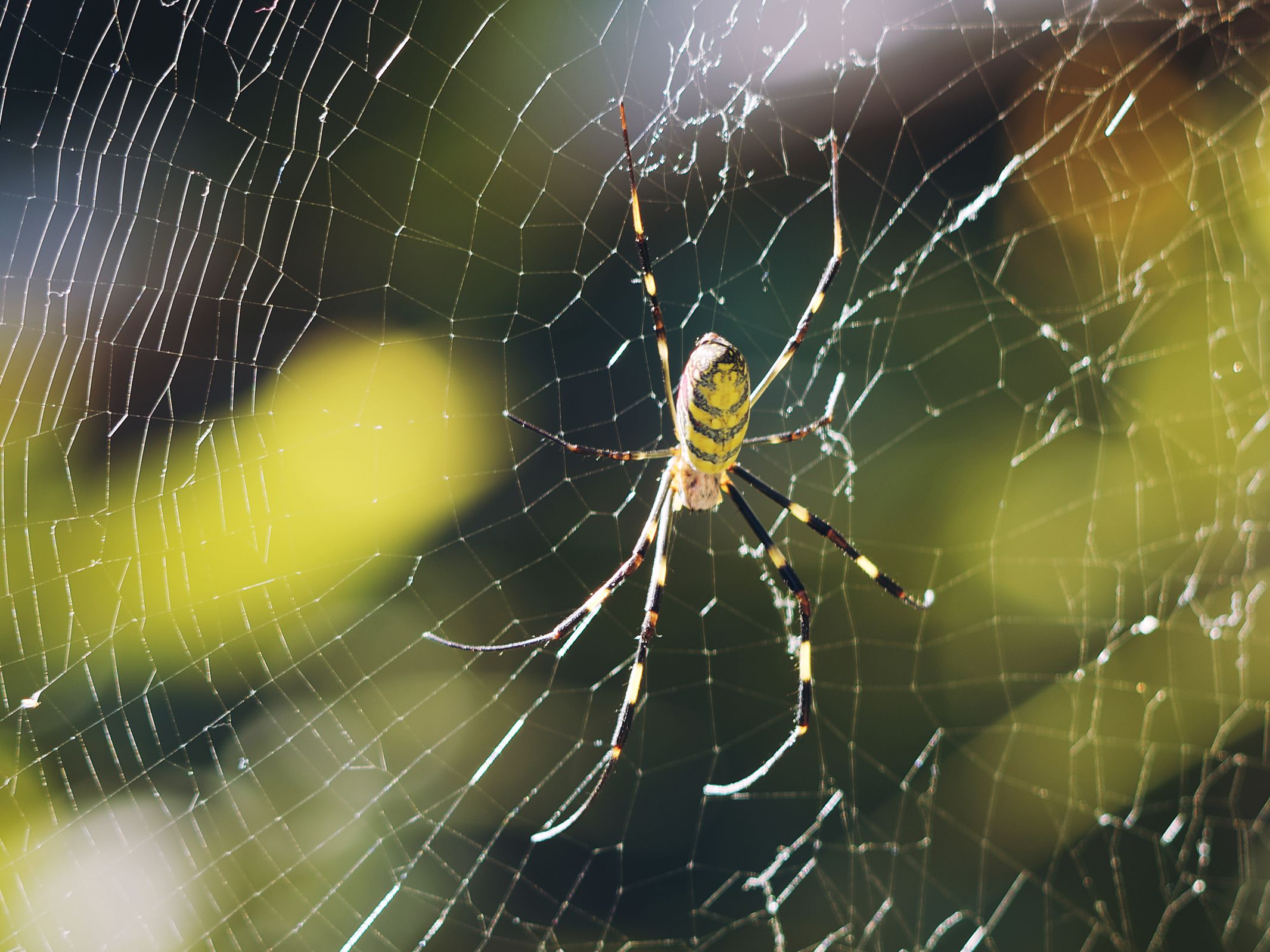
—
Title: Evolving Identities: How “Hippie” Spiders Are Transforming Our Understanding of Animal Behavior
Envision a scenario where your entire character could transform in a matter of weeks — where once you were daring, you now proceed with hesitation; where you maintained your space, you now dive into the action. As astonishing as that may seem from a human viewpoint, it’s exactly what occurs with African social spiders, according to pioneering research that is questioning long-established concepts of individual traits in animals.
In an extensive new study spearheaded by Dr. Lena Grinsted at the University of Portsmouth, researchers monitored the behavior of African social spiders (Stegodyphus dumicola) over a span of four months — an unusually lengthy period for this kind of investigation. By evaluating behavior biweekly, the team made an unexpected finding: spider “personalities” are far from fixed.
“We discovered that their behavior varies so significantly that it’s deceptive to label individuals as possessing stable personality characteristics,” stated Dr. Grinsted.
The study, published in Animal Behaviour, seems to alter how researchers conceive of individuality in animals, especially in highly social species.
—
Insights from the Study
The researchers identified three primary behaviors across 28 spider colonies:
– Boldness: the speed at which a spider recovered post a simulated threat
– Fleeing: the inclination of the spider to evade disturbances
– Prey capture speed: the rapidity with which groups reacted to possible food sources
At first, individual spiders displayed consistent behavioral traits. Some were reliably bolder or more cautious; others quickly or slowly captured prey. However, as time progressed, these patterns shifted notably. The initial behaviors of individuals offered no dependable indication of their later actions.
Such a degree of behavioral variability is rare among the studied animals and challenges the conventional understanding of personality — typically characterized as behaviors that remain consistent over time and across different situations.
—
Dynamic Societies over Static Roles
Social spiders coexist in large cooperative webs, hunting collectively and even sharing parental responsibilities. Previously, it was thought that, similar to the specialized roles in ant societies (with workers, soldiers, queens, etc.), spider societies might also consist of individuals “programmed” for specific tasks like defense or prey acquisition.
However, the most recent findings imply that the societies of African social spiders may function differently. Rather than each spider adhering to a monotonous script, individuals adjust flexibly to the colony’s demands as necessary.
“It’s easy to presume that these collaborative spiders have fixed roles,” Dr. Grinsted observed, “but it appears they thrive in an even more egalitarian community where adaptability is essential.”
This could represent a significant evolutionary benefit. Instead of rigid specialization (which could turn disadvantageous if an environmental shift disrupts existing roles), these spiders can collectively adapt, responding dynamically to emerging challenges.
—
Reevaluating Animal Personality Research
Beyond just spider societies, these findings have wide-ranging implications for behavioral ecology. Numerous studies have associated consistent personality traits in animals — such as boldness in birds or aggression in fish — with survival and reproductive tactics. This research calls into question whether those foundational beliefs hold universally across species.
“Our unassuming ‘hippie’ spiders have illustrated that labeling creatures as ‘bold’, ‘shy’, or ‘aggressive’ based on a limited number of observations might not only be oversimplified — it could be fundamentally erroneous,” remarked Dr. Grinsted.
Researchers now stress the importance of extended studies and more nuanced analyses when attempting to correlate personality traits with evolutionary success.
—
Takeaways from the “Hippie” Spiders
Ultimately, the personality transformations of Stegodyphus dumicola spiders highlight a broader reality: adaptability can sometimes be more beneficial than specialization. While humans often value consistency and clear categorizations, nature demonstrates that flexibility and change can serve as powerful survival strategies.
So the next time you come across a spider, remember — much like us, they might still be discovering who they are.
—
To explore more about the latest advancements in animal behavior and beyond, subscribe to Wild Science for new insights delivered directly to your inbox.